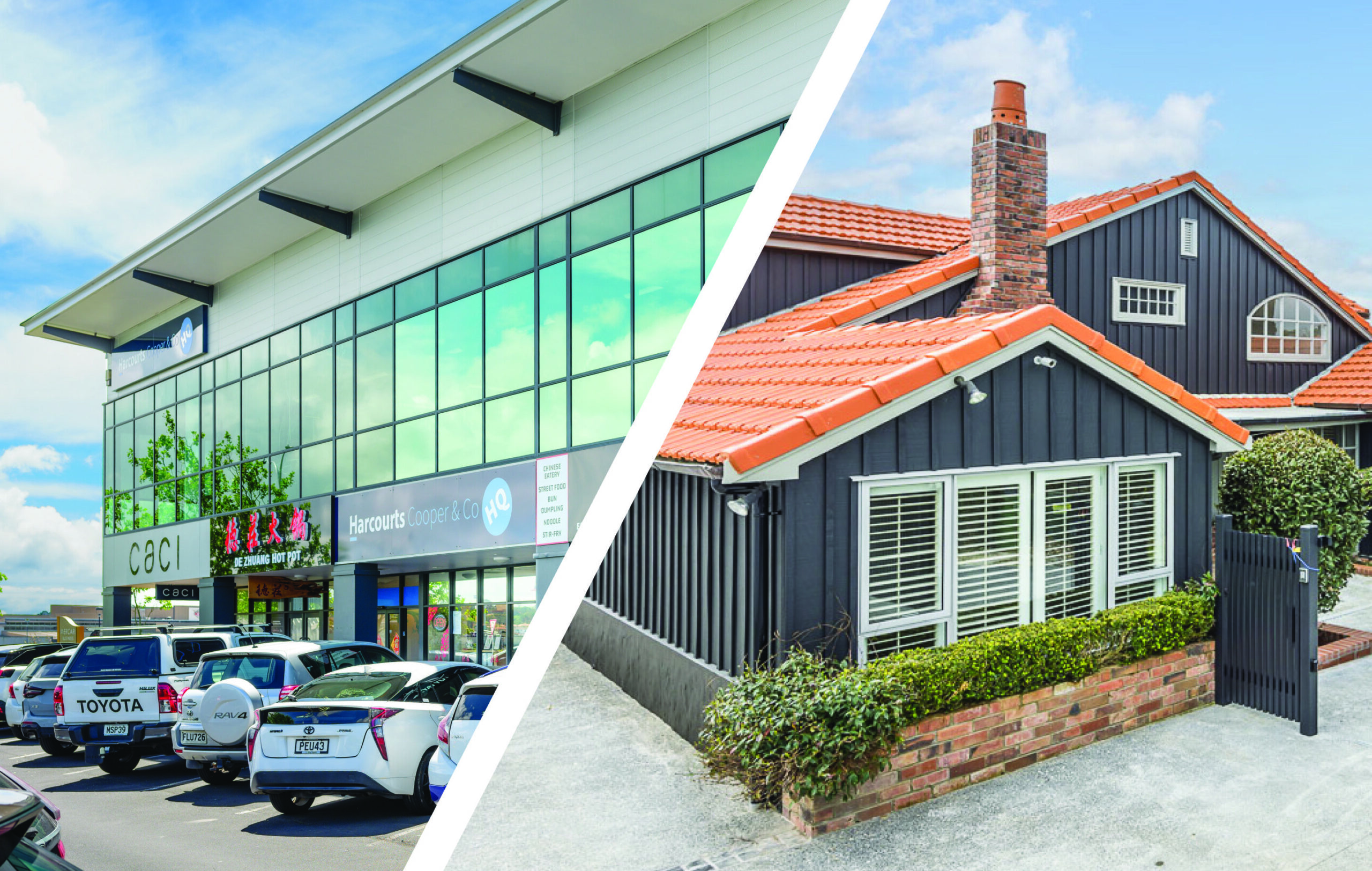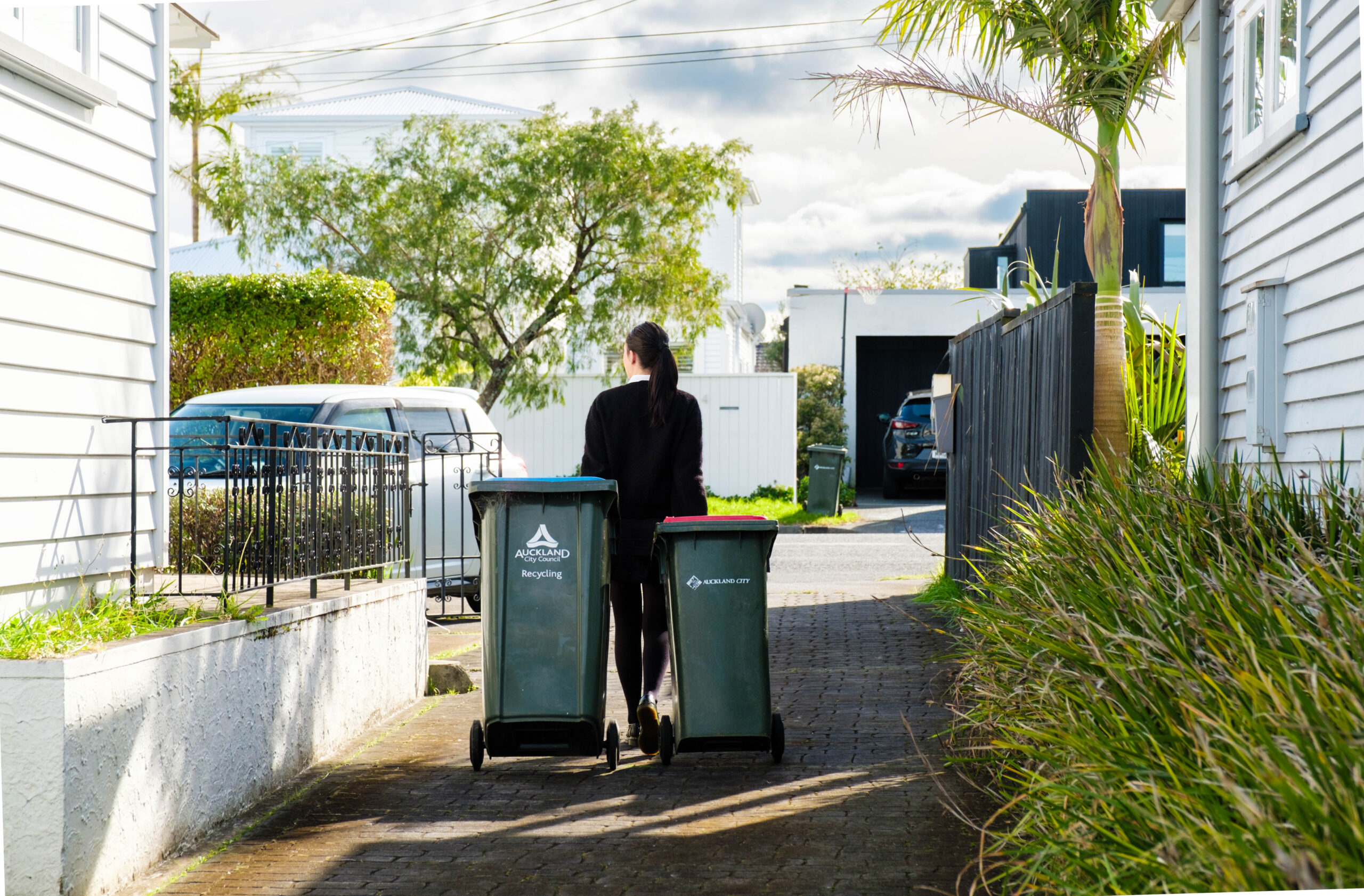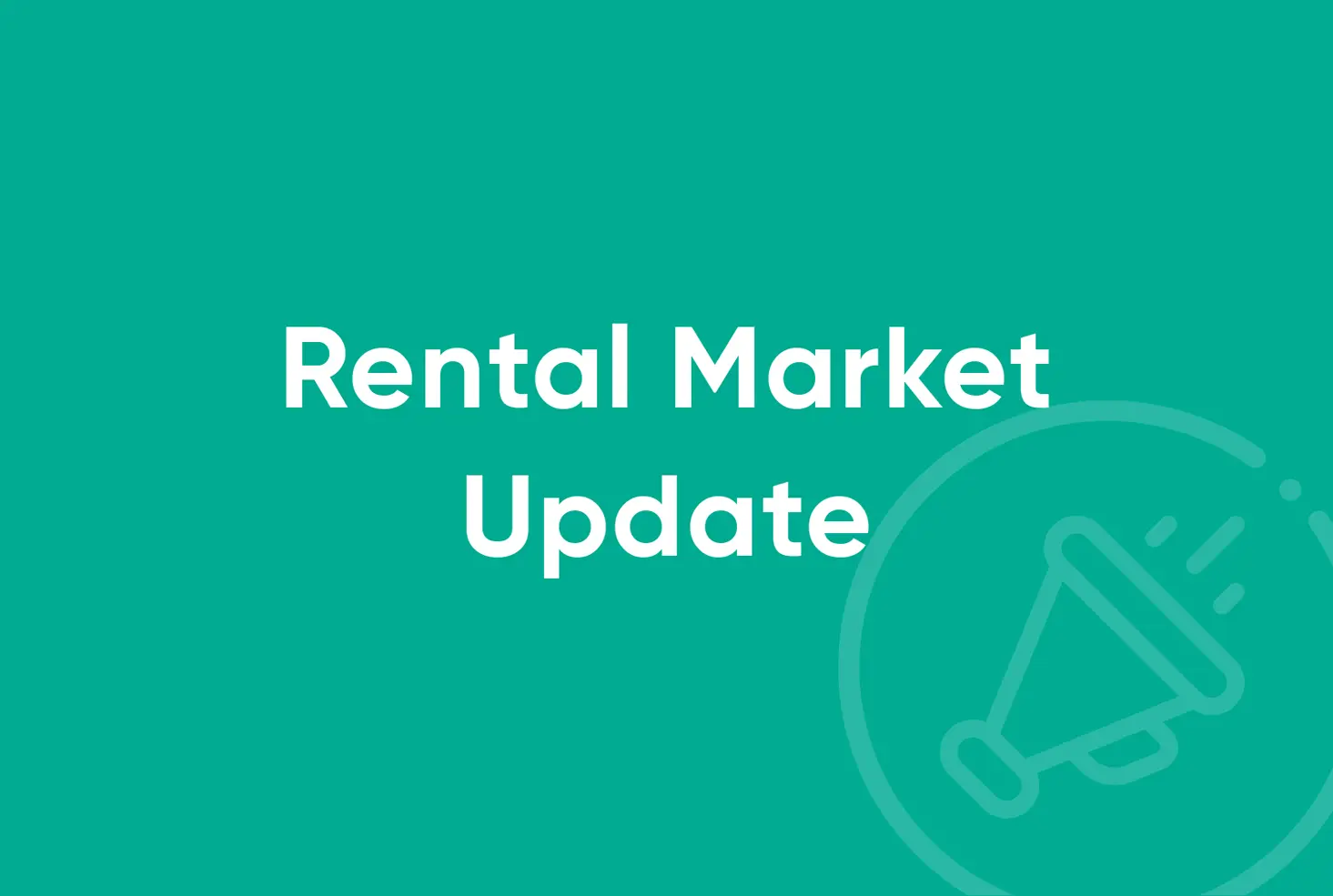Property management plays an important role in ensuring the seamless operation and financial success of any real estate portfolio. As a property owner or investor, understanding the distinctions between residential and commercial property management is essential if you are planning to invest in either, especially if you are a residential investor and you are planning to try your hand at commercial property investment.
Residential Property Management:
Residential property management is the management of properties that serve as homes for individuals or families. Residential property is defined as a house, a single-family dwelling, apartment or unit.
Landlords and Tenants:
The property manager works for the landlord, and fulfils all landlord obligations. In residential property management, the property manager finds new tenants by advertising the property, conducting viewings, screening and background checking the tenants, and signing them up using a tenancy agreement.
Property Inspections:
Carried out routinely at an agreed frequency, usually every 3 months. Plus entry and exit inspections when tenancies change.
Rent collection:
Rent is collected by the property manager, and disbursed to the landlord at an agreed frequency.
Maintenance:
Any maintenance needed is picked up during inspections, or reported by the tenant, and the property manager arranges for this to be carried out.
Finance and reporting:
End of year statements and reports are provided to the property owner as agreed.
Read our blog about What makes a good rental property and should I invest in residential property?
Commercial Property Management:
Commercial property management involves overseeing properties used for business purposes, such as retail spaces, offices, and industrial complexes. The dynamics of commercial properties require specialised expertise to address the unique challenges they present.
Tenants:
What is often different from residential property management is that the building is usually handed over to the commercial property manager with tenants in place. Tenants are found via commercial real estate agents and the initial lease terms are agreed and signed. The commercial property manager is then responsible for ensuring the tenant adheres to the lease agreement.
Property inspections and maintenance:
The commercial property manager carries out routine inspections of the property and ensures regular maintenance is done either at the landlord’s or tenants expense as per the lease agreements
Financial management:
This is more complex than in residential property management, as your property manager carries out all the same duties as is needed for residential property; but also large-scale lease renewal negotiations and vendor contract management.
Rent reviews and property market analysis:
Getting the right rent for commercial and residential properties is essential to maximise ROI. At Aspire, we research and write market updates for our customers – ensuring we know what rent we can collect for each property type in each region of NZ; at all times.
Read our blog about Commercial Property Management 101
Residential and commercial property management each present unique challenges and opportunities. Aspire Property Management is your partner in navigating these complexities, offering comprehensive services tailored to the distinct needs of each property type. Whether you are focused on residential investments or managing a diverse commercial portfolio, our experienced team is committed to maximising the value of your properties.
For those seeking a property management company with a wide range of services, including market analysis, rent reviews, and expert financial management, Aspire Property Management offers valuable expertise. Contact us today!
You can find more information on residential property management and commercial property management, as well as our property management services, in articles in our resources section.









